 By By Tiffany Ann L. Dy, ACCRA Law
By By Tiffany Ann L. Dy, ACCRA Law
The WHO has declared the Covid-19 outbreak a pandemic and people around the globe are understandably very worried, if not in a state of panic. In the Philippines, in an effort to quell the upward surge in infections similar to what is happening in other countries, President Rodrigo Duterte initially ordered a “community quarantine” of the National Capital Region effective March 15 until April 1, 2020. However, on March 16, the President put the entire island of Luzon on “enhanced community quarantine” (ECQ-Luzon), strictly imposing a home quarantine, among others, starting on March 17 until April 12.
While Covid-19 is primarily a health issue, it cannot be denied that it has multi-faceted effects — from the suspension of classes to how businesses operate, and yes even redefining how people socialise.
Indubitably the economy will take the hardest hit. It is a daunting challenge for the government to balance the economy and the health of the populace. While we are, of course, very concerned about people’s health, we need to keep the economy going. Some businesses must operate, albeit not “business as usual” and with very stringent restrictions.
In this regard, Malacanang, through Executive Secretary Salvador Medialdea, has issued a memorandum following the declaration by the president of the ECQ-Luzon providing, among others, that only those private establishments providing basic necessities and such activities related to food and medicine production, ie public markets, supermarkets, groceries, convenience stores, hospitals, medical clinics, pharmacies and drug stores, food preparation and delivery services, water-refilling stations, manufacturing and processing plants of basic food products and medicines, banks, money transfer services, power, energy, water and telecommunications supplies and facilities, shall be open, subject to the adoption of a strict skeletal force and social distancing measures.
Furthermore, the memorandum provides that business process outsourcing establishments and export-oriented industries shall remain operational subject to compliance with the following conditions: a) strict observance of social distancing; b) provision of appropriate temporary accommodation arrangements for employees; and c) implementation of a skeletal work force. Cabinet Secretary Karlo Nograles has made it clear that any covered company that fails to comply with any of the said conditions shall not be allowed to operate.
Note that the Labor Advisories issued by the Department of Labor and Employment (DoLE) prior to the declaration of the ECQ-Luzon, ie LAs 9 and 11, Series of 2020, may still apply. Such advisories allowed companies to adopt certain flexible work arrangements (FWA) such as work-from-home, reduction of workhours/workdays, rotation of workers, forced leave and temporary suspension of operations under Article 301 (formerly 286) of the Labor Code. Companies falling within the exceptions under the Palace Memorandum may adopt any of such FWAs. Other companies may adopt work-from-home or temporary suspension of operations.
Furthermore, the provision in the advisories stating that leaves of absence during the community quarantine period are to be charged against the workers’ existing leave credits, if any, may still arguably apply. Remaining unpaid leaves during said period may be covered and be subject to the conditions provided in DoLE’s Covid-19 Adjustment Measures Program. In any case, the DoLE has subsequently issued Department Order No. 209, Series of 2020 or Guidelines on the Adjustment Measures Program for Affected Workers Due to the Corona Virus Disease 2019 (DO 209), which provides, among others, that a one-time financial assistance of P5,000 (US$100) shall be provided to affected workers (of affected establishments) in lump-sum, non-conditional, regardless of employment status, to cover the remaining unpaid leaves. Large establishments, however, are highly encouraged to cover the full wages of the employees during the entire quarantine period. There shall also be employment facilitation by providing access to available job opportunities.
Affected establishments, under DO 209, refer to private establishments that have implemented FWAs as defined under Advisory No. 9, S 2020. On the other hand, affected workers are workers in private establishments whose employment face or suffer interruption due to the Covid-19 pandemic such as: retained workers who do not receive regular wage (eg, those on a reduced work hours or work days); and workers whose employment is temporarily suspended by reason of the suspension of operations of the employer’s business establishment.
With respect to Ecozone IT Enterprises, the Philippine Economic Zone Authority or PEZA has issued on March 5, 2020 Memorandum Circular No. 2020-011 or the PEZA Assistance to Ecozone IT Enterprises in responding to COVID-19. Perhaps PEZA should issue another Circular in light of the declaration of the ECQ-Luzon.
Pray tell when this catastrophe will end, but it is fervently hoped, by the grace of God and coupled with the unparalleled resilience of the Filipino workers, that these measures will cushion the economic and even psychological impact of the Covid-19 on the employers and their employees. Let us keep safe, everyone!
______________________________
This first appeared in Business World, a newspaper of general circulation in the Philippines.
The views and opinions expressed in this article are those of the author. This article is for general informational and educational purposes, and not offered as, and does not constitute, legal advice or legal opinion.
Tiffany Ann L. Dy is an Associate of the Labor and Employment Department of the Angara Abello Concepcion Regala & Cruz Law Offices (ACCRALAW). She may be contacted at tldy@accralaw.com or (632) 8830-8000.
______________________________

T: (63) 2 830 8000



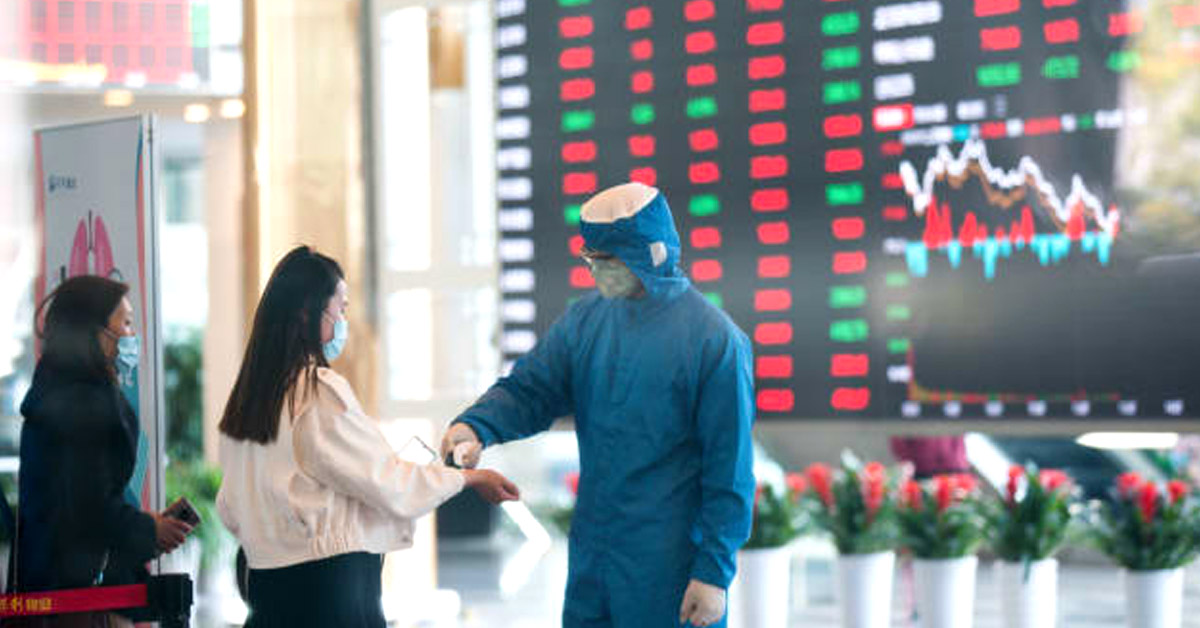

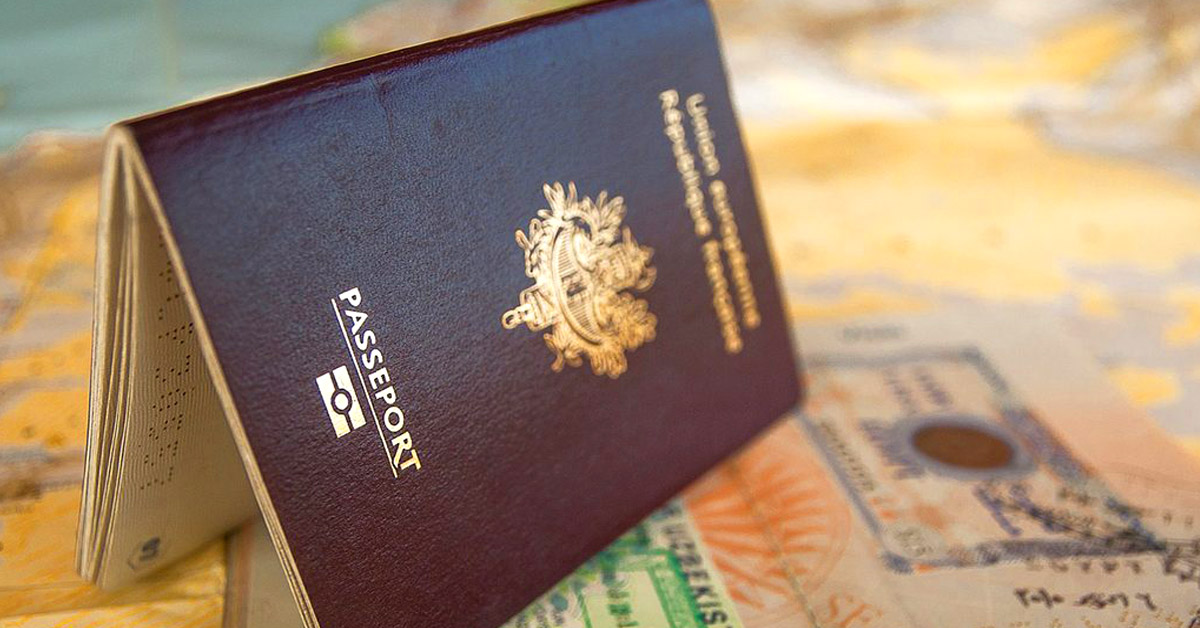
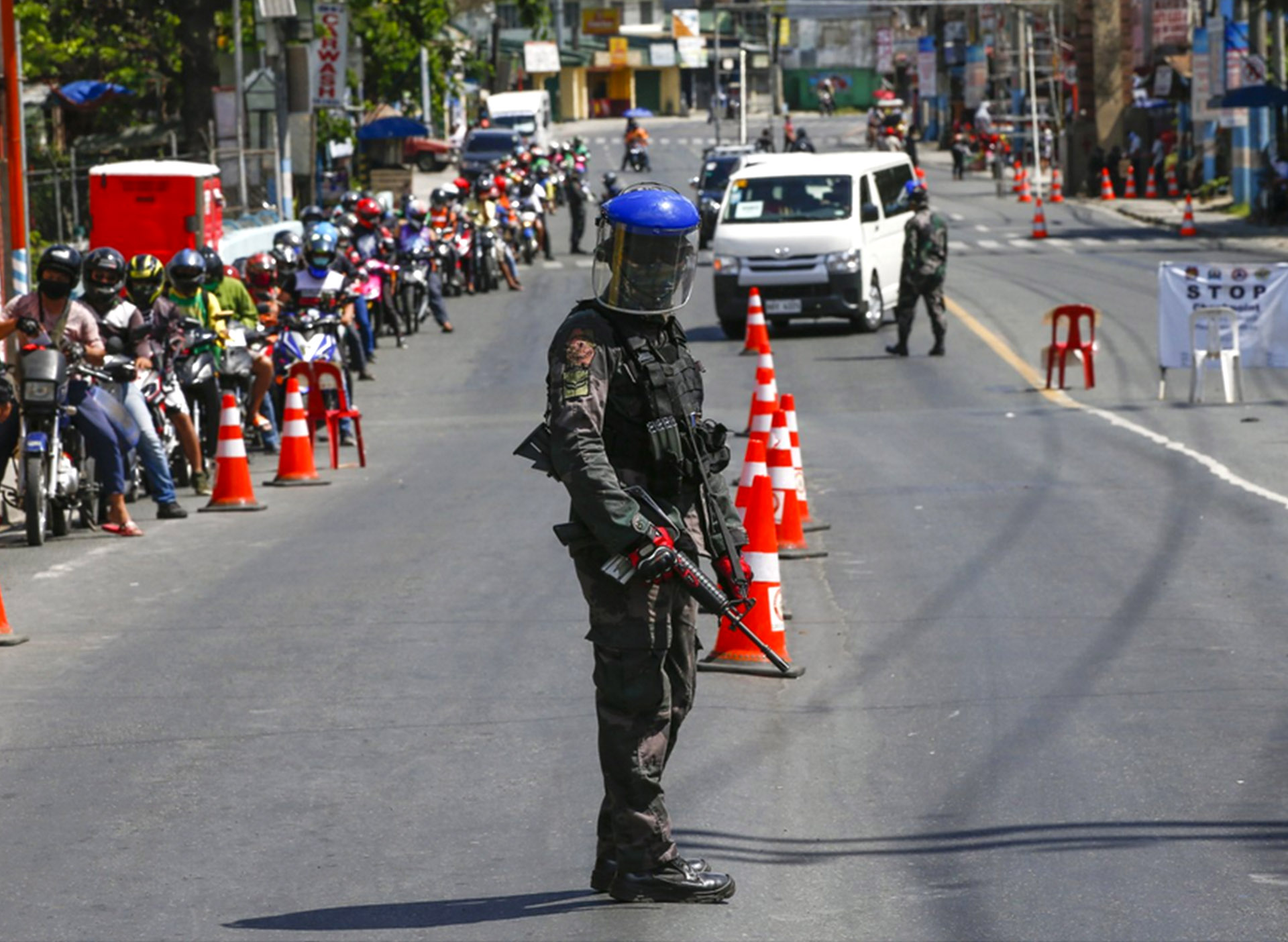







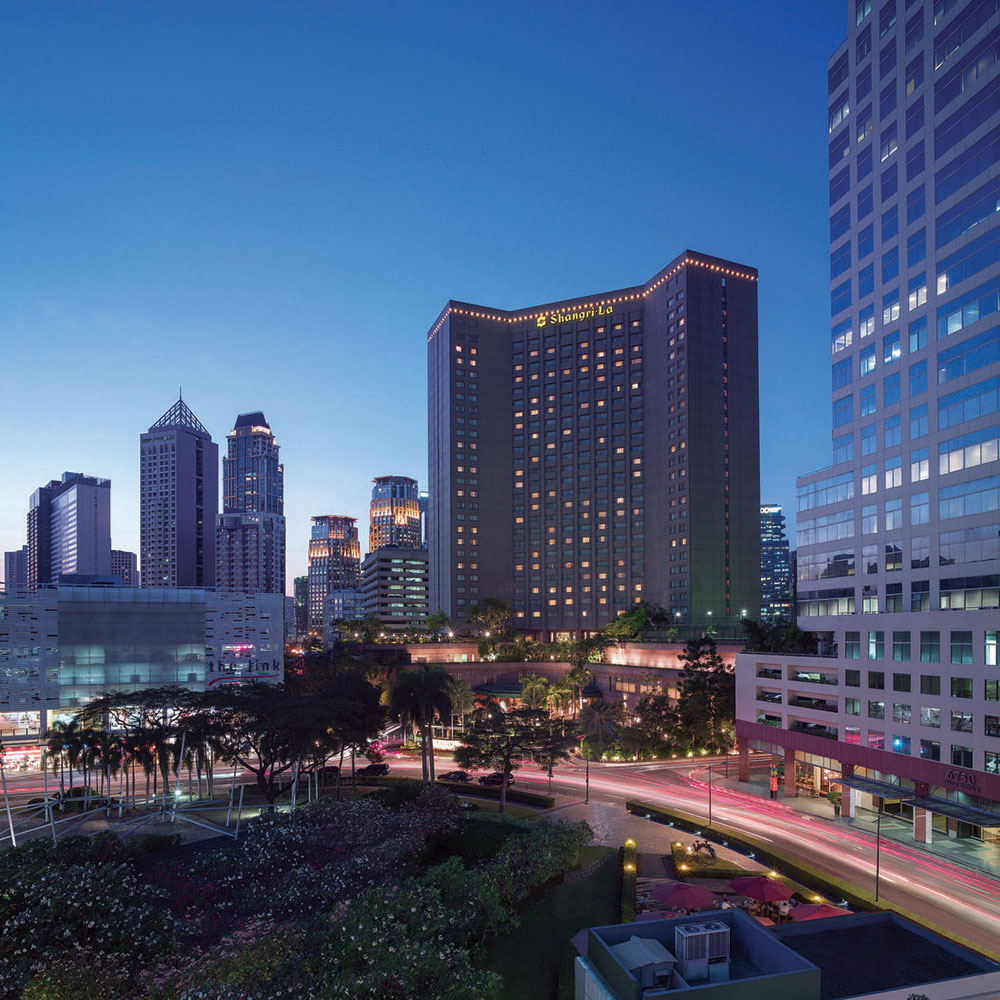



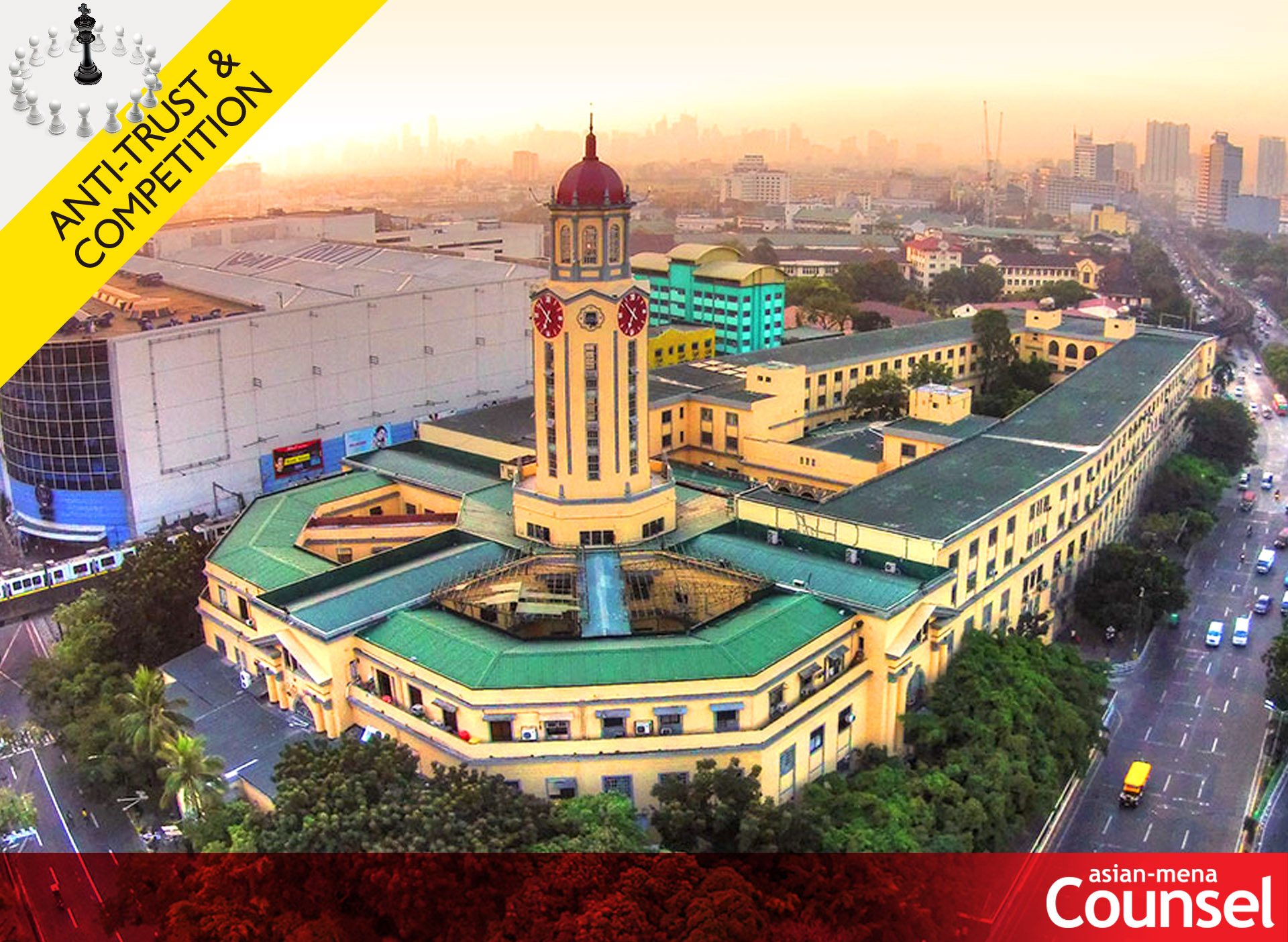











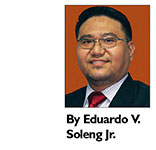
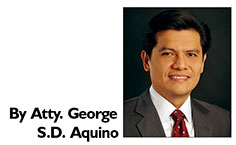









 Angara Abello Concepcion Regala & Cruz Law Offices (ACCRALAW)
Angara Abello Concepcion Regala & Cruz Law Offices (ACCRALAW)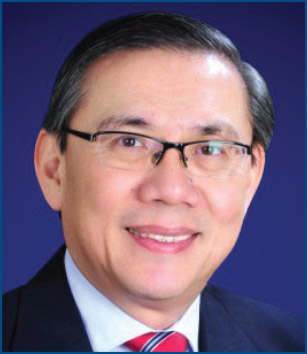 Emerico O. De Guzman
Emerico O. De Guzman







